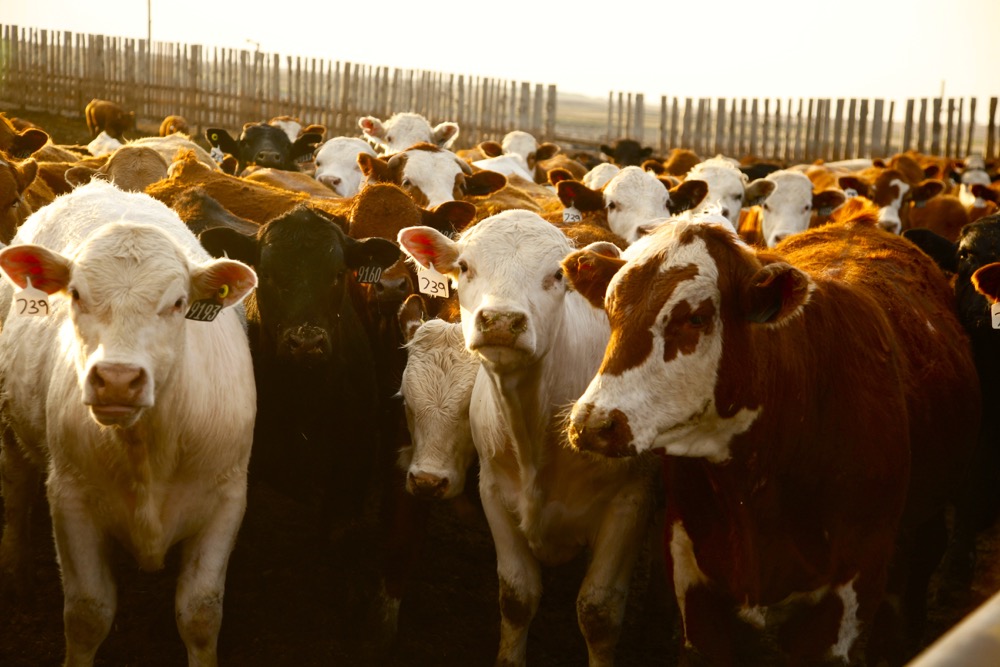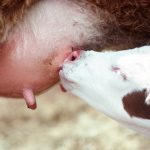Compared to last week, Western Canadian yearling prices were quite variable trading $5 higher to as much as $6 lower. Calf prices have been consolidating over the past couple weeks and once again traded $3 to $4 on either side of unchanged. Strong demand was evident for 800-pound-plus yearlings fresh off grass. Feedlots in the Strathmore area and central Alberta appeared to be more aggressive for these cattle than feedlot operators south of Calgary.
Outside irrigated areas at Lethbridge, the crops are very poor and having an effect on yearling demand. Small groups of calves were available across the Prairies this week. Certain regions of Alberta and Saskatchewan have received enough precipitation over the past couple weeks to rejuvenate pastures; therefore, ranchers are holding onto calves as long as possible. Yearling placements into major feedlots have been sharply above year-ago levels during the summer but we can’t say the same for calves. Demand for calves is limited because of the higher costs to finish these cattle.
Read Also

Canadian trade data delayed by U.S. government shutdown
Canadian international trade data for September will be delayed indefinitely due to the ongoing partial shutdown of the United States government, Statistics Canada said Friday, Oct. 24.
In central Alberta, larger-frame mixed steers fresh off grass averaging 930 lbs. were valued at $184; a larger group of larger-frame Charolais heifers averaging 950 lbs. were reported at $174. East of Calgary, medium to larger frame tan steers averaging 850 lbs. coming off pasture were reported at $193. In east-central Alberta, Simmental-based heifers averaging 865 lbs. were quoted at $180. In central Saskatchewan, a small group of larger-frame black steers weighing 815 lbs. were quoted at $199 and mixed heifers averaging 810 lbs. were valued at $179. Heifers were hard to define in some cases with similar weight and quality cattle trading in a $10 range.
Small groups of calves were available. Saskatchewan markets appeared to hold a small premium over Alberta. In central Alberta, fully weaned Simmental-blended steers on full health program averaging 650 lbs. were quoted at $213; similar quality heifers averaging 630 lbs. were valued at $185. In southern Alberta, larger-frame Angus-based steers weighing 540 pounds reached up to $225. In central Saskatchewan, Charolais-based weaned steers weighing 640 lbs. were quoted at $217.
Feed barley at Lethbridge traded in the range of $385-$425 per tonne last week; however, imported corn is trading in the range of $360-$365/tonne for November and December. Silage is valued in the range of $90-$100/tonne while straw is trading at $105/tonne in southern Alberta. Higher input costs are limiting the upside for feeder cattle prices.
— Jerry Klassen manages the Canadian office of Swiss-based grain trader GAP SA Grains and Produits Ltd. and is president and founder of Resilient Capital, specializing in proprietary commodity futures trading and market analysis. Jerry consults with feedlots on risk management and writes a weekly cattle market commentary. He can be reached at 204-504-8339 or via his website at ResilCapital.com.

















